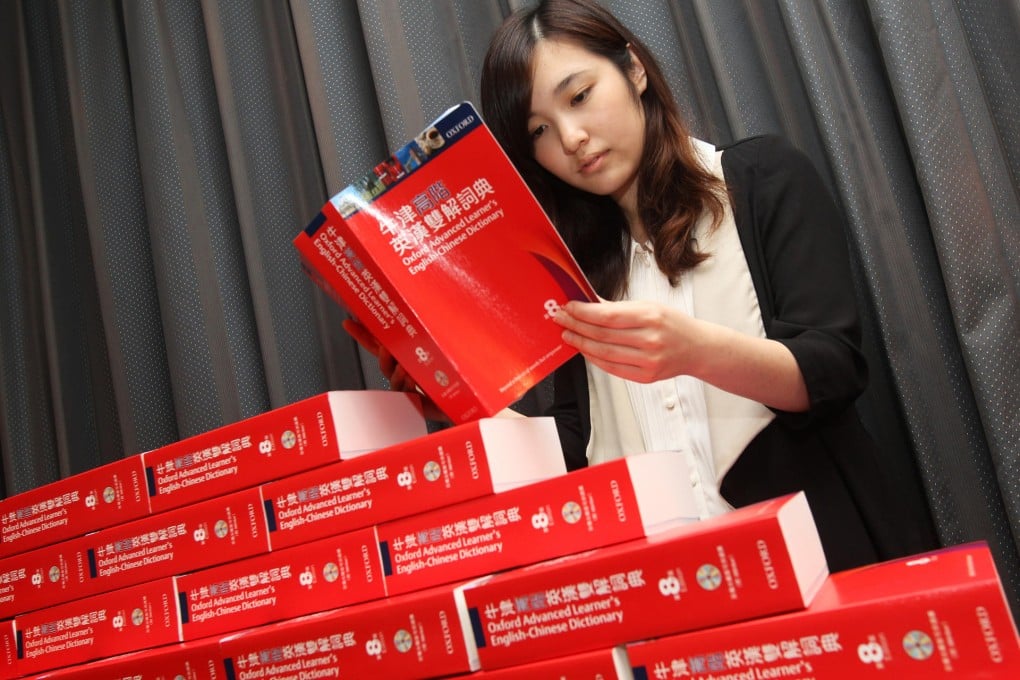Oxford University Press launch expanded English-Chinese dictionary
English-Chinese dictionary expands content to bring it up to date with some modern language

About 1,000 new words and idioms have been added into the latest edition of Oxford University Press' newly updated English-Chinese Dictionary.
The Oxford Advanced Learner's English-Chinese Dictionary released its eighth edition, complete with an interactive step-by-step writing guide on a CD-Rom.
Newly added words include "Skype", "smartphone", "micro blogging" and more technology and computing related terms - one of the four categories which saw significant increase in new words, said publishing manager of the dictionaries publishing division Franky Lau Ho-yin.
The other three categories are business and finance, environment and life-style. New words in these segments include "ponzi scheme", "risk assessment", "carbon footprint", "carbon credit", "work-life balance" and "me-time". The four categories take up around 60 per cent of the new words and idioms.
Lau said the dictionary also included popular terms like "wag"- which stands for "wives and girlfriends" of famous men especially sportsmen, but said only words which were likely to stay in use were included.
"Words are picked by how often they appear [in various databases], but also if they appear over a sustainable period of time," he said.